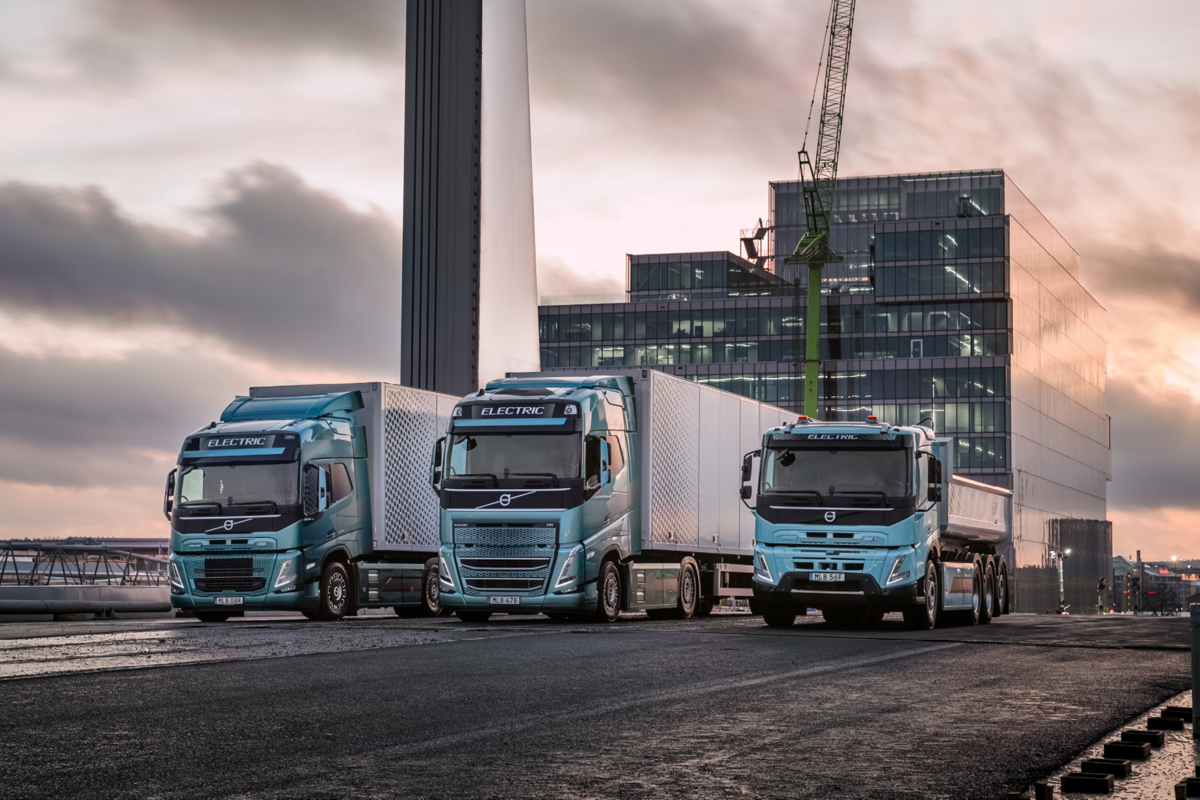The future of the trucking industry is going electric. With growing concerns over rising fuel costs and environmental impact of diesel trucks, major truck makers are shifting their focus towards electric trucks. Here is an overview of the progress in electric trucks and what the future holds for this promising technology.
Introduction to Electric Trucks
Electric trucks, also known as battery electric vehicles (BEVs), are powered solely by battery packs instead of diesel or gasoline engines. They use electric motors to drive the wheels and rely on battery packs that can be charged by plugging into the electric grid. Currently, most electric trucks have a range of 80-150 miles on a single charge depending on the type and size of battery pack. Top truck makers like Tesla, Daimler, Volvo, Ford are leading the electric truck revolution with several electric models announced or already in production.
Reasons for Adoption of Electric Trucks
The biggest driving forces behind electric trucks are reducing emissions and cutting fuel costs:
- Emission Regulations: Stricter emission standards worldwide are making diesel trucks less viable over time. Electric trucks produce zero tailpipe emissions, helping fleets meet tough emission norms.
- Lower Fuel Costs: Electricity is cheaper than diesel per mile driven. With battery costs declining, total cost of ownership of electric trucks will soon match or beat diesel trucks over time due to lack of fuel and maintenance costs.
- Technological Advancements: Improving battery technology is extending vehicle range while declining battery prices are making electric trucks more affordable. Fast charging infrastructure is also being developed.
- Government Subsidies: Many countries and states offer purchase incentives for commercial electric vehicles to boost adoption. The European Union and China have set ambitious electric vehicle sales targets for 2025.
Electric Truck Models Currently Available
Tesla Semi: Tesla unveiled its highly anticipated all-electric Class 8 semi truck in 2017 with a promised range of 500 miles. Production was slated for 2019 but has faced delays. The Tesla semi is now expected in small volumes in late 2022.
- Daimler eCascadia: Daimler unveiled its Freightliner eCascadia electric truck in 2020 with a 250 mile range. Small volumes have begun production for customer testing.
- Volvo VNR Electric: Volvo Trucks started production of its Volvo VNR Electric truck in late 2020 for the North American market with a range up to 150 miles.
- Ford F-150 Lightning: Ford launched its all-electric F-150 Lightning pickup in 2022 with multiple range options up to 300 miles. Volume production has begun.
- Chanje V8100: Startup Chanje manufactures a 100% electric 26,000 lbs capacity box truck with a range of up to 150 miles. Many fleet customers already use it.
- Workhorse C-Series: Workhorse produces the C-1000 and C-650 electric step vans with 100-160 mile ranges mainly for parcel/food delivery fleets.
Electric Truck Trends and Developments
As the electric truck market grows, several notable trends are shaping its development:
Increasing Range: Auto makers are continually improving battery technology to extend vehicle range. Most future electric trucks will have a minimum 300 mile range to meet diverse fleet needs. Tesla is aiming for 500+ mile semis.
Fast Charging: Because trucks have tight delivery schedules, fast charging infrastructure is crucial. Companies are testing charges that can add 200+ miles of range in 30 minutes, allowing top-ups during rest/meal breaks.
Hydrogen Fuel Cells: Long-haul trucks may alternatively use hydrogen fuel cells and tanks for unlimited range comparable to diesel. Toyota, Hyundai and Nikola are actively developing fuel cell electric trucks.
Connected Technologies: Future electric trucks will leverage advanced connectivity and software to manage battery usage, locational data transmit charging status etc. Over-the-air updates will improve features.
Changing Business Models: As batteries improve, independent owner-operator truck drivers can directly own Electric Trucks instead of relying on large carriers and diesels. Pay-per-mile models may also emerge.
Government fleet mandates: Several major economies have announced future dates to transition government vehicle fleets including trucks to zero-emission vehicles only, driving large fleet orders.
Adoption Challenges and Barriers
While electric trucks address key issues, commercial adoption faces challenges that must be overcome:
- High Upfront Costs: Despite incentives, the initial battery costs keep electric truck prices higher than conventional diesels currently.
- Charging Infrastructure: Public chargers suitable for heavy trucks are limited today. Depots and highways will need extensive charging networks.
- Resale Value Uncertainty: As a nascent sector, the long term resale potential of electric trucks when batteries age is still unclear.
- Technophobia: Some fleet owners are hesitant to transition from the reliability of diesel to unproven electric technologies unless economic paybacks are clear and charging services seamless.
- Medium/Heavy Duty Applications: Batteries meeting the duty cycles and weights of long haul Class 8 trucks still need improvements to match diesel capabilities.
However, rapid progress is being made on all fronts. Industry and government investments are growing to mass produce advanced batteries and critical charging infrastructure. Within 5 years, total costs of medium-duty electric trucks are projected to reach parity with diesels. For heavy-duty long haul applications, hydrogen fuel cell trucks may emerge as the greener alternative. Whichever zero-emission technology ultimately dominates, the electric future of commercial vehicles is firmly taking shape. The trucking sector’s shift towards clean electricity will significantly reduce dependence on oil and help tackle environmental challenges.
Get more insights on this topic: https://www.newsanalyticspro.com/silent-giants-exploring-the-world-of-electric-truck-technology/
Explore more information on this topic, Please visit: https://coolbio.org/pharmacogenomics-a-promising-new-approach-to-personalized-medicine/

